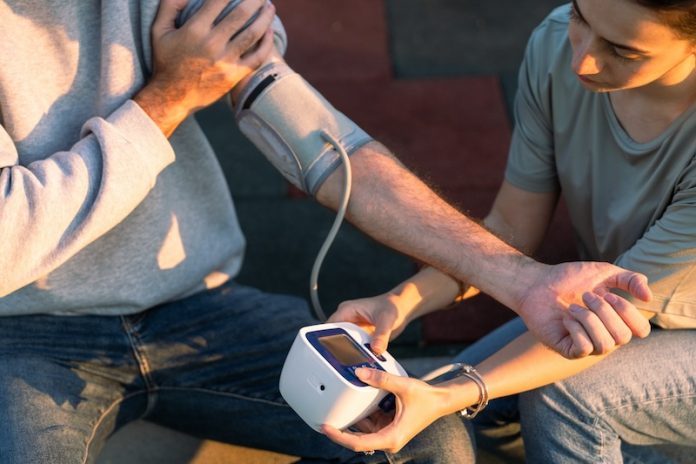
When measuring blood pressure, two numbers are recorded: systolic (the top number) and diastolic (the bottom number). Systolic pressure represents the force of blood as the heart pumps, while diastolic pressure measures the pressure in the arteries when the heart rests between beats.
A new study from the University of Southern Denmark examined which of these numbers is more important for predicting heart health and found that both play a crucial role—depending on age.
What the Study Found
Researchers analyzed 26 years of health data from 107,599 adults between the ages of 19 and 97 who had no history of heart disease. Over time, some of these individuals experienced serious heart problems like heart attacks, strokes, or heart-related deaths.
The study revealed that:
- For people under 50, diastolic blood pressure is an important indicator of heart disease risk.
- For all age groups, systolic blood pressure is a strong predictor of heart problems, regardless of age, gender, or other risk factors.
Why This Matters
For years, doctors have focused primarily on systolic blood pressure when assessing heart health risks. This study suggests that younger adults should also monitor their diastolic blood pressure to get a complete picture of their heart health.
The research also highlighted the mean arterial pressure (MAP) as an effective overall measure of cardiovascular risk. MAP is calculated using both systolic and diastolic numbers, giving a broader understanding of a person’s blood pressure health.
The Bigger Picture
High blood pressure is a widespread issue, affecting nearly half of all adults in the U.S., according to the American Heart Association. It is not just a concern for older adults—more than 1 in 5 young adults (ages 18–39) have high blood pressure, according to the CDC.
Because of its long-term impact on heart health, blood pressure monitoring should begin early in life. Lifestyle factors such as diet, exercise, stress management, and even beverages like tea and coffee can influence blood pressure, and ongoing research continues to explore the best treatment options for those with resistant hypertension.
What’s Next?
The study, led by Dr. Michael Hecht Olsen and published in Hypertension, could help shape future medical guidelinesfor blood pressure management. These findings emphasize the importance of tracking both systolic and diastolic pressure, particularly for younger adults who may otherwise overlook early warning signs.
Understanding and managing blood pressure at all ages can significantly reduce the risk of heart disease, strokes, and other serious health problems, making routine monitoring and lifestyle adjustments essential for long-term health.
Copyright © 2025 Knowridge Science Report. All rights reserved.



